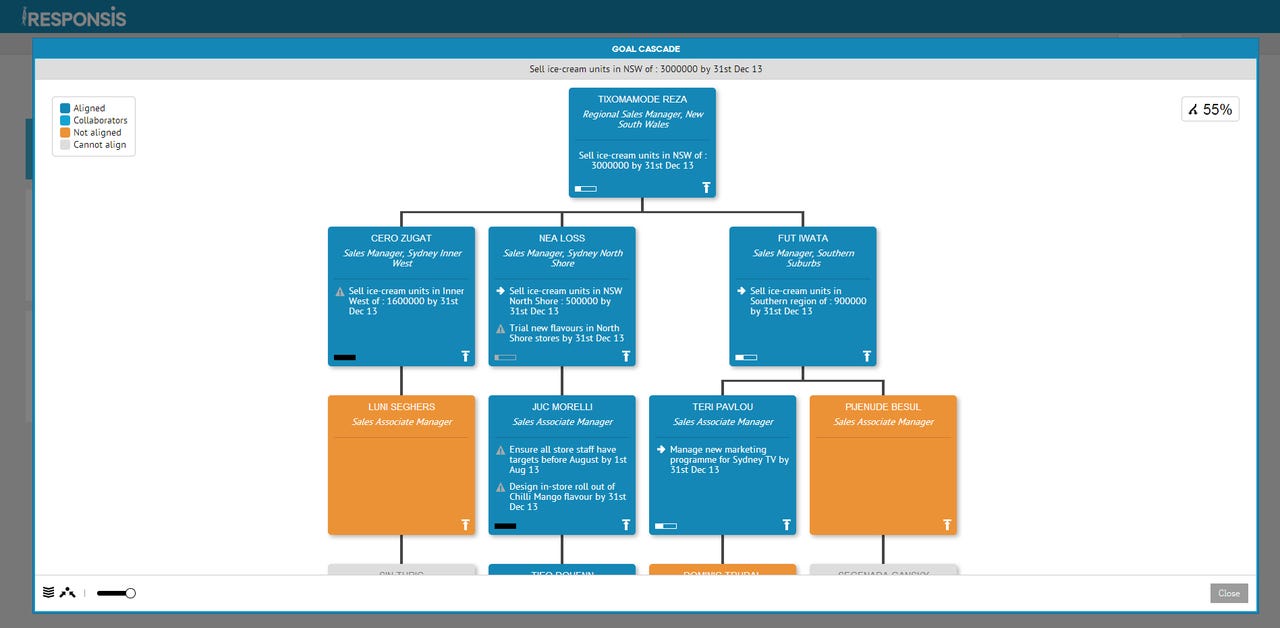Sydney startup to address 'soul destroying' work culture

Eric Perriard and Tom Wright could have been any other disillusioned members of the rat race. Both of them had successful, promising career paths, with Perriard working for a well-respected Korean electronics manufacturer as a creative trainer, and Wright holding several top positions within two financial institutions.
But something happened to both of them once they reached management levels in their organisations. They found that despite all the CEO "pep talks", there comes a point where employees become jaded, or, as Wright puts it, have their souls destroyed.
"When the CEO or whatever stands up at the end of the year and says, 'Hey guys, we had an amazing year with our strategy', I can absolutely guarantee that the majority of people in that audience are looking at him going, 'Yeah, yeah, cool. Whatever. Thanks. Just let me get back to my day job or whatever'."
There have been different strategies for improving work culture, such as attempting to attract fickle Generation Y job hoppers with the promise of cutting-edge technology and allowing them to bring their own devices. But Perriard and Wright are attempting to use technology to directly tackle the issue of showing each individual employee that they do actually contribute to the bigger CEO-level picture.
Realising that their own jaded experiences within large multinational companies was not isolated to their own jobs, the pair founded Responsis and created a cloud-based system called Cascade.
Cascade allows individual employees to see how any task they've been assigned flows up or down the organisation to effect a goal or outcome. In that manner, when the CEO issues a broad, overarching goal and asks management to execute it, every employee can see how they are contributing to the larger picture.
In the same manner, the system also helps identify whether the tasks assigned to an individual, or even to an entire department, aren't actually moving the company closer to its goals. This means that if an organisation has goals that are actually achievable and are with the right person, progress can be clearly seen. However, when clear goals or inefficiencies are present, it becomes immediately clear that the organisation needs to re-evaluate its vision.

It has already attracted interest from several companies, including UNICEF Australia, securing cashflow for the fledgling company.
Cash is not a huge concern at this point in time. In fact, Responsis has had to turn down offers from venture capitalists hoping to invest in what could be a promising return.
The two have bootstrapped the business with AU$100,000 of their own funding, and have been able to stretch it to hire two employees and grow the business organically.
The duo isn't yet satisfied with the work, however, expecting to increase the feature set. Future additions could include analysing past strategies to determine whether certain goals are achievable, or using this data to suggest reasonable tasks to achieve common goals.